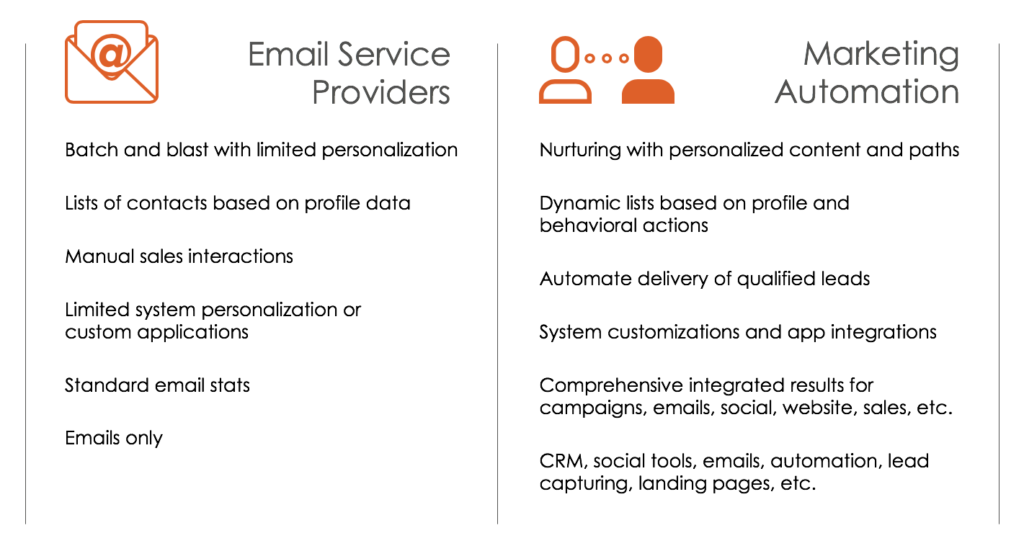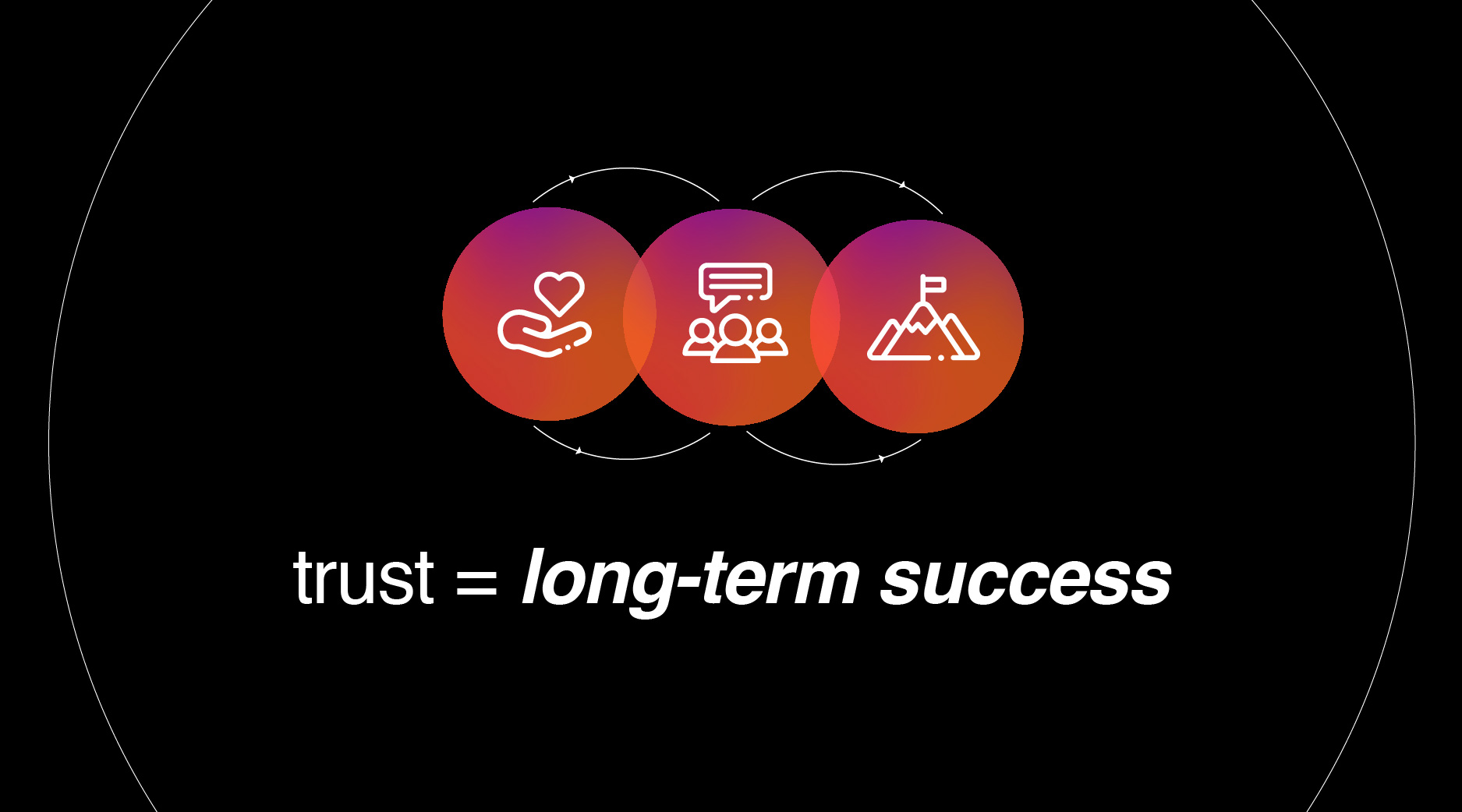Did you know that today there are two hundred marketing automation platforms to choose from? While most marketers know the importance of data and the role technology plays with leveraging that data, there are still several misconceptions about how marketing automation can help a business grow.
You may already be using a platform, but not using it to its full potential. Or, you may be evaluating software options to match the growth of your marketing objectives. Wherever you are in your journey, below are some top myths that still make their way into the marketing vernacular. Let’s go through each one and break it down.
Myth #1: Marketing automation is only for big companies with big budgets
Companies of all sizes can benefit from marketing automation. Software options exist for different marketing goals and budgets. When selecting a marketing automation software, it’s important to spend time analyzing what you’re looking to accomplish, the features provided, your potential database size and integration opportunities with existing systems. Document your needs and reference it as you explore various software options. This will ensure that your goals are always top of mind.
Myth #2: Marketing automation is only for emails
There are marketing automation platforms and then there are email service providers (ESP). The biggest difference between the two is that an ESP is mostly a batch and blast email service. Whereas a marketing automation platform is more about tracking, connecting and optimizing your digital marketing efforts. Here’s a quick chart detailing other differences. If you are paying for a marketing automation system but only using it as an ESP, you likely aren’t seeing the return on your investment.
Myth #3: Marketing automation is a set-it-and-forget-it system
One of the reasons marketing automation has been so successful is because it helps marketers track and optimize their delivery tactics. After the strategy, content plan, and campaign hook are set, there should also be a measurement strategy. Having a measurement strategy in place before your campaign launches allows you to judge the success of the campaign on your key performance indicators (KPIs). A good marketing automation platform will also allow you to conduct A/B testing on your campaigns so you can have data to prove what works for your customers. All your performance insights will help drive optimizations so that you can continue meeting or exceeding your KPIs. Litmus reported the top marketing automation platforms brands are using to generate at least a quarter of their email marketing revenues.

Myth #4: Marketing automation is impersonal
Marketing automation allows the opportunity to send personalized, targeted and timely messages. Don’t send a one-size fits all message to your database. Personalization means more than Hello {first name}. With a good platform, you can use a contact’s behavior to trigger campaigns, send content relevant to the contact’s interests, and nurture contacts. Ideally, you can market to a segment of one.
Want to learn more about marketing automation? Read about three tactics that can deliver actionable insights.





